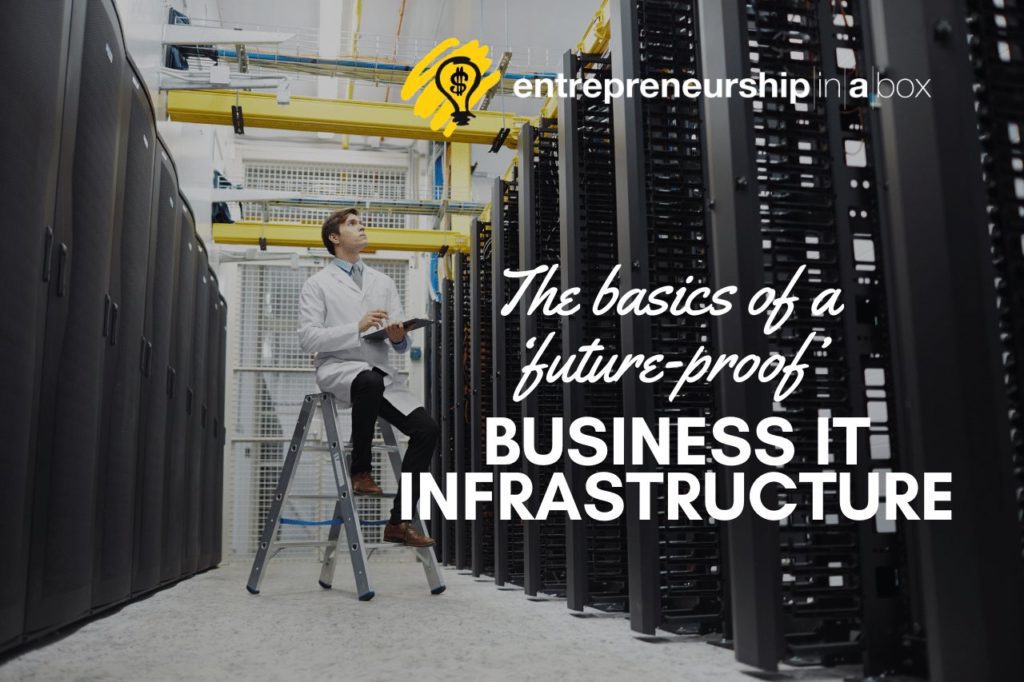With the technological revolution only increasing in speed with each passing year, it’s not surprising to find that most UK businesses are desperate to stay ahead of the curve — and their competitors. From partnering with a well-established London based IT consultancy firm to going fully remote, it seems companies across the globe are making significant changes to their operations to ‘future-proof’ their business IT.
But what does that even mean?
While the term may seem vague, there’s actually quite a bit of information and tips your business can follow if it hopes to make the same changes. In this article, we’ll go over some of those guidelines and bring you up to speed on the most recent shifts in the technological world.
Where Do I Start?
Before you begin your process of ‘future-proofing,’ you should already have a significant handle on the current management of your IT infrastructure. If you haven’t already, pairing with an IT consulting partner in London should be your next move. They can perform a holistic assessment of your IT to identify any improvement areas, solve any issues and prepare for any changes.
If your IT infrastructure is already established, then the same course of action is necessary. At this point, it is time to incorporate any system upgrades you haven’t installed yet, scan for any problems, upgrade efficiency as much as possible and allocate the appropriate funds for the future.
Once you’ve ensured your current IT infrastructure is already operating at full capacity, you can begin your planning process for future-proofing. Meeting with IT consultants, speaking with employees and communicating with any other essential business personnel are necessary components of this process. Once this is over with, you should have a clear roadmap to follow.
How Do I Know What I Need?
Figuring out how your IT should grow won’t happen overnight, but there are a few crucial questions to ask and methods to follow that’ll help you complete the process.
First, it is critical to understand that not every business will have the same amount of space between their current IT and their ‘future-proof’ IT. While a small business may have a long way to go when compared to a corporate giant, it’s still just as possible for smaller operations to reach the same benchmark.
During this step, your business needs to evaluate its core values, goals, and requirements that’ll shape what it’s future IT might look like. Again, if you have anIT consultancy in London to help you with your self-assessment, you might already be halfway there.
Essentially, your entire workforce — from management to its owners — needs to identify how a ‘future-proof’ IT infrastructure will bolster its position in the market while securing a place of success later on. Here are some useful questions for your business to ask itself:
- Do clients expect my core product to change at all in the coming years? (If you sell kitchenware, not much is likely to change; but if you sell laptops, expectations will be much different).
- Will competitors pivot their approach in the future?
- Are there widescale changes occurring within my industry that could impact operations?
- Will production means stay the same? (i.e., automated manufacturing vs. traditional manufacturing)
While you and your team of IT consultants should continue asking questions regarding your specific industry, these key points will help you understand what a ‘future-proof’ IT infrastructure really means.
What Can I Do Starting Now?
Much like any other large business decision, the process of making your IT ‘future-proof’ shouldn’t be rushed. As you take the time to craft a comprehensive roadmap, there’s another crucial step your business shouldn’t ever fail to consider: Keeping your current IT infrastructure up to date.
Staying atop of issues, regularly receiving reliable IT consulting services from a London based company, and paying attention to changes in the market are the seeds you’ll plant to grow an IT infrastructure that lasts for the years to come. New information is always arising, and market expectations never stay the same for too long — it’s likely your business won’t, either. As such, these small elements will be what you use to create your plan for a ‘future-proof’ IT and ensure your business stands the test of time. After all, the future is now.





